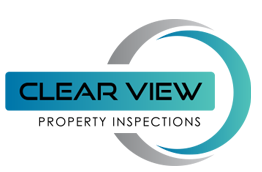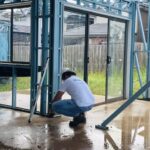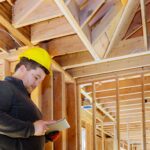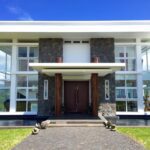What Does A Building Inspector Check And How Do I Prepare For It
A building inspector will check all areas of the home for major and minor defects whether they are visible or hidden, internal or external, already happened or will potentially happen in the future.
The building inspector can only inspect areas that are safe and accessible. If an area is not accessible to the building inspector, he will add that information to the report.
So, to prepare for the building inspector to visit please ensure you have made space for him to inspect areas such as the roof void and subfloor. De-clutter and make more of the property visible.
Building Inspection Checklist
A building inspector checks various aspects of a property to identify any defects or issues that could compromise the safety, functionality, or structural integrity of the building. Here are some of the things that a building inspector typically checks and how you can prepare for the inspection:
Structural integrity
The building inspector will check the foundation, walls, roof, and other structural components of the building to ensure that they are stable and in good condition. They may look for cracks, sagging, or other signs of damage that could affect the building’s safety or stability.
Preparation tip: Before the inspection, make sure that all areas of the building are accessible and that there is no clutter or debris that could obstruct the inspector’s view.
Electrical systems
The building inspector will check the electrical system to ensure that it is safe and up to code. They may inspect the electrical panel, wiring, and outlets to ensure that they are in good condition and properly installed.
Preparation tip: Make sure that all electrical systems and appliances are in good working order before the inspection. A licensed electrician should address any issues prior to the inspection.
Plumbing systems
The building inspector will check the plumbing system to ensure that it is functioning properly and does not pose any health or safety risks. They may inspect pipes, fixtures, and water heaters to ensure that they are in good condition.
Preparation tip: Make sure that all plumbing fixtures are in good working order and that there are no leaks or other issues that could affect the plumbing system. A licensed plumber should address any issues prior to the inspection.
Fire safety
The building inspector will check the building for fire hazards and ensure that fire safety measures, such as smoke detectors and fire extinguishers, are in place and functioning properly.
Preparation tip: Make sure that all smoke detectors and fire extinguishers are in good working order and that there are no fire hazards, such as overloaded electrical outlets or blocked exits.
Other areas
The building inspector may also check other areas of the building, such as the HVAC system, insulation, and exterior components such as windows and doors.
Preparation tip: Make sure that all areas of the building are accessible and that there is no clutter or debris that could obstruct the inspector’s view. Any issues should be addressed prior to the inspection.
Overall, preparing for a building inspection involves ensuring that all systems and components of the building are in good working order and that the building is clean and free of clutter. Any issues should be addressed prior to the inspection to ensure that the building passes inspection and is deemed safe and functional.
Contact Us
Phone: 02 8329 7997
Opening Hours: 9:00am–5:00pm, Monday to Friday by Appointment Only
Service Area: Servicing all of Sydney and Central Coast, NSW







